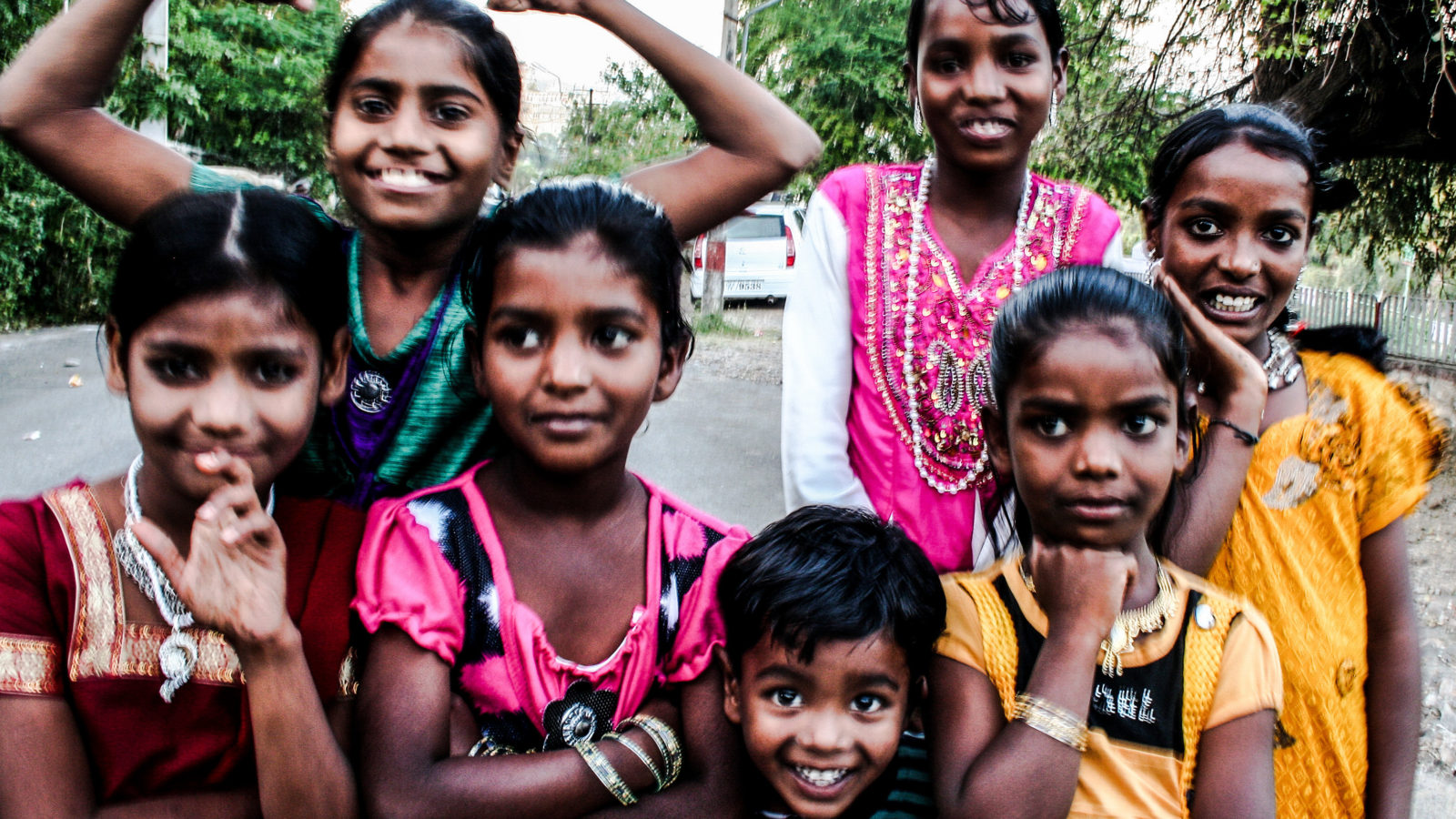Better is better than best. Allow me to explain. Better suggests movement, a sense of strife, curiosity to explore and a willingness to budge from a said position, or belief system. Best, on the other hand, suggests an inertia to change and the smugness of “having arrived”.
While many of the discussions around inclusion initiatives can be polarising and cause folks to “take sides”, there is general agreement that these movements target one goal—a strife towards greater equality. Being willing to pack your bags and embark on that journey requires an acknowledgment that we aren’t there—not yet. Here’s what I’ve learnt from my own path:
Don’t search for the right platform, make one
We work, we drop our kids to school, water our plants, take selfies, maintain our houses, and squeeze in a class of yoga to atone for mid-week binging on cava. Few aspects of our life serve as “ready-made” forums for conscious diversity discussions (unless it is Women’s Day). So make your own. Dinner party conversations, for instance. The first time we discussed the #metoo movement over dinner, I lost a vase because of the excessive flapping of hands.
So now, somewhere in the lull between the Chicken Parmesan having settled in the tummy and vanilla ice-cream being served, I encourage my motley group of friends towards heated debates on topics such as racial controversies and minority rights. I realised you can learn nuances about issues, but also how the folks you hang out with think. And hopefully, you both manage to stretch each other’s tolerance. One tip–use disposable plates.
Change begins at home
A lot of the conversations focus on how we need to prepare future generations. But there is also value in igniting change in prior generations. A friend (pure-bred feminist, who wears the title like a badge of honour) recently confessed yelling at her father when he criticised his grandson (her nephew) for whining “like a girl”. Her father was dumbfounded at the depth of her reaction as she chided him that boys are just as likely to whine (or not) as girls and to “never, ever” make such comparisons in front of his grandkids.
Challenging status quo in a household where certain norms have been established since your childhood is not easy. But if charity begins at home, perhaps change should too.
Talk to those who’ve lived experiences radically different from yours
After the 2016 US election, I was smug in my knowledge that I understood right choices and the 46.1% of the voting population did not. At about the same time, I embarked on a strategy consulting project for a client in an industry I was less familiar with, and as part of my prep, set up interviews with a few front-line workers to understand the space better. A one-hour discussion with a white male in his early 60s, based in Ohio (a lawyer who, having lost his job when the auto company shut down, was doing manual labour) painted the pain of having a career uprooted than any analysis I had read. I didn’t really know the demographic that voted for a candidate that was not my first choice.
By actively engaging with folks we don’t “get”, we can start to relinquish our unconscious bias. Seth Godin gets it perfectly right just when he advocates: Liberate yourself from the need to be right.
Language matters
A friend recently posted on Facebook: “Don’t empower me, pay me.” The definition of empower is: Give (someone) the authority or power to do something. And the word, to her, suggests patriarchy, misogyny and neocolonialism.
Many of my friends are talking about re-writing fairytales so they don’t make their daughters feel like they are always the ones that need to be rescued from the dragon. The Nike ad brilliantly reverses the associations with words such as “dramatic”, “hysterical” or “crazy”–these labels have been used time and again for people daring to show emotion or those refusing to toe the line.
Some might argue that debating use of such entrenched words is petty, but then “savage” was a perfectly acceptable way of referring to Aboriginal people until way into the 20th century. Words encapsulate biases, and beliefs, and triggers, and we must be willing to unravel both their origin as well as intent.
And things, perspectives, will get clearer. Better.


